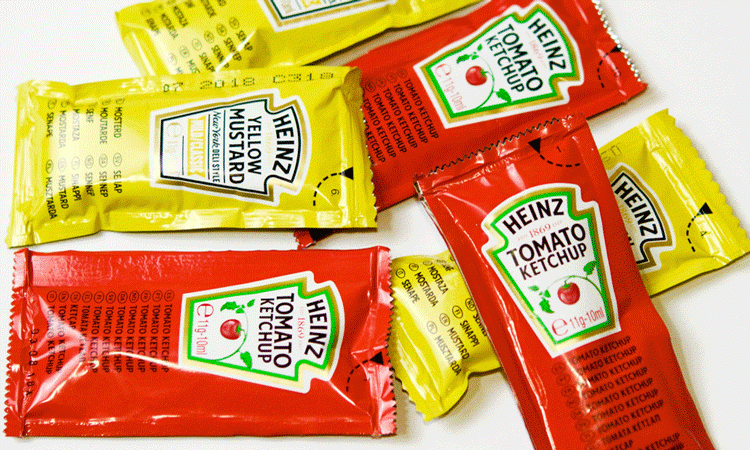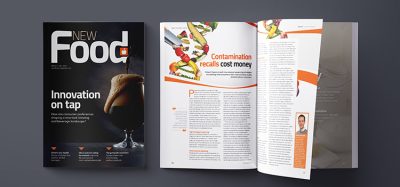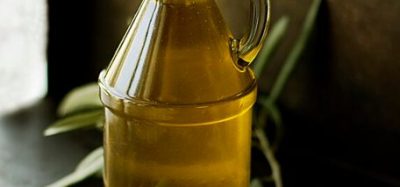New slippery packaging for condiments could cut food waste
- Like
- Digg
- Del
- Tumblr
- VKontakte
- Buffer
- Love This
- Odnoklassniki
- Meneame
- Blogger
- Amazon
- Yahoo Mail
- Gmail
- AOL
- Newsvine
- HackerNews
- Evernote
- MySpace
- Mail.ru
- Viadeo
- Line
- Comments
- Yummly
- SMS
- Viber
- Telegram
- Subscribe
- Skype
- Facebook Messenger
- Kakao
- LiveJournal
- Yammer
- Edgar
- Fintel
- Mix
- Instapaper
- Copy Link
Posted: 6 August 2018 | Iqra Farooq (New Food) | No comments yet
Along with minimising food waste, with a better design the new packaging will have improved consumer satisfaction and comfort.


New slippery packaging promises to cut food waste linked to foods such as mayonnaise and ketchup that are offered in small packets to consumers at, for example, fast food outlets and which contribute to millions of pounds’-worth of food thrown away each year.
Researchers from Virginia Tech aim to cut down on such waste with a new way to make packaging more slippery. The team has developed a method for wicking chemically compatible vegetable oils into the surface of common extruded plastics.
The researchers say that this technique will enable food to be released from its packaging more easily, and that it can, for the first time, be applied to readily available inexpensive plastic, such as polyethylene and polypropylene.
“Previous SLIPS, or slippery liquid-infused porous surfaces, have been made using silicon- or fluorine-based polymers, which are very expensive,” said Ranit Mukherjee, a doctoral student in the Department of Biomedical Engineering and Mechanics within the College of Engineering and the study’s lead author. “But we can make our SLIPS out of these hydrocarbon-based polymers, which are widely applicable to everyday packaged products.”
The hydrocarbon polymers investigated make up 55 per cent of the total demand for plastics in the world today, meaning that the results of the study could be applicable to other areas, especially since they are also one of the easiest plastics to recycle.
SLIPS were initially created by a Harvard student in 2011 and are porous surfaces that have the ability to hold a chemically compatible oil within their surfaces via the process of wicking. As well as being slippery, these surfaces are self-cleaning, self-healing and more durable than traditional surfaces. The oil-infused plastic surfaces are also naturally anti-fouling, meaning they resist bacterial adhesion and growth.
Current SLIPS use silicone- and fluorine-based absorbent polymers and aren’t used due to the high costs associated with their use.
“We had two big breakthroughs,” said Assistant Professor Jonathan Boreyko. “Not only are we using these hydrocarbon-based polymers that are cheap and in high demand, but we don’t have to add any surface roughness, either. We actually found oils that are naturally compatible with the plastics, so these oils are wicking into the plastic itself, not into a roughness we have to apply.”
He added that along with minimising food waste, there will be improved consumer satisfaction and comfort with a better design.
“We’re not adding any mystery nanoparticles to the surfaces of these plastics that could make people uncomfortable,” he said. “We use natural oils like cottonseed oil, so there are no health concerns whatsoever. There’s no fancy recipe required.”
The study has been published in Scientific Reports and currently has a provisional patent.
Related topics
Fats & oils, Food Grade Lubricants, Research & development, Sustainability, Technology & Innovation








